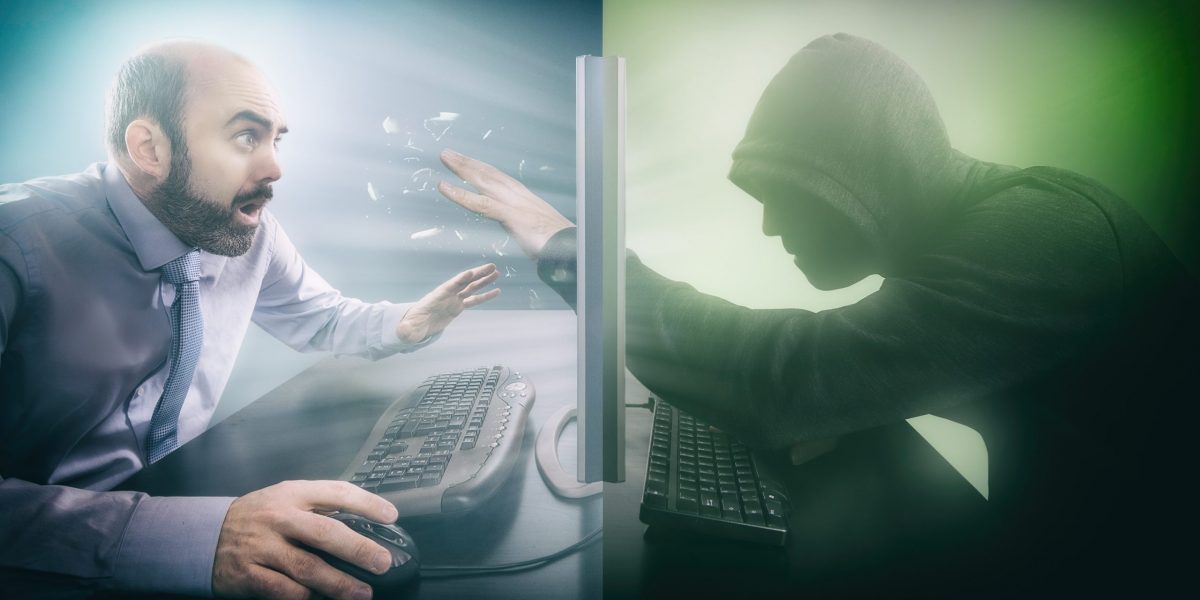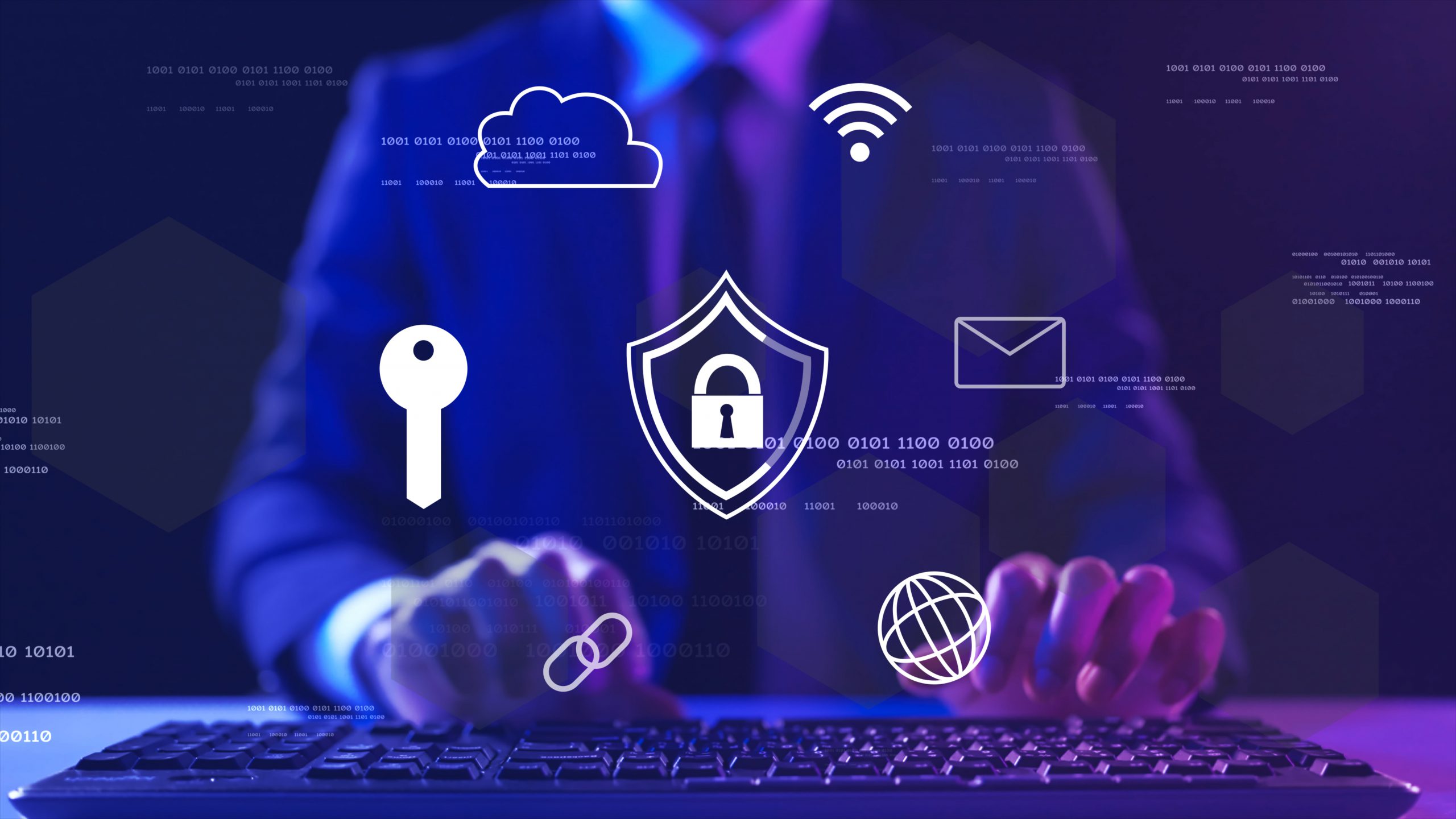
Justin Tang • January 2, 2024
What’s a VPN?

In today’s day and age, internet connectivity is almost as essential as water. Whether it’s at a coffee shop, airport, library, school, pub, hotel, mall, gym, or restaurant, we often connect to these networks without a second thought.
However, the convenience of easy access comes with its risks, primarily security and privacy. This is where Virtual Private Networks (VPNs) come into play.
In this blog post, we'll delve into what VPN is, the importance of using a VPN, outlining the pros and cons.
Virtual Private Network (VPN)

A VPN or a Virtual Private Network, is a technology that creates a secure, encrypted connection between your device and a server operated by the VPN service. This encryption helps ensure that sensitive data is safely transmitted and protects you from hackers and data snoopers.
A Virtual Private Network (VPN) encrypts your internet connection, ensuring that your data is secure and private, even on public Wi-Fi networks. ExpressVPN, in particular, employs advanced encryption protocols, safeguarding your online activities from prying eyes.
*Our top 5 recommended VPN providers are: NordVPN, Surfshark, ExpressVPN, Private Internet Access, and IPVanish*
Pros of Using a VPN
The Pros for using a VPN is:
Enhanced Security: The primary advantage of using a VPN is the increased security it offers. It encrypts your data, which makes it difficult for hackers to intercept and decipher.
Privacy Protection: VPNs mask your IP address, so your online actions are virtually untraceable. This is especially important in public spaces where the network might be monitored.
Safe Access to Personal & Work Accounts: With a VPN, you can safely access your personal and work accounts without worrying about data breaches.
Bypass Geo-Restrictions: VPNs can allow you to access content (ex: Netflix) that may be restricted in your current location by connecting to servers in different countries.
Avoid Bandwidth Throttling: ISPs sometimes throttle bandwidth on certain types of content or during peak times. A VPN can help avoid this, ensuring consistent internet speed.
Enhanced Security: The primary advantage of using a VPN is the increased security it offers. It encrypts your data, which makes it difficult for hackers to intercept and decipher.
Privacy Protection: VPNs mask your IP address, so your online actions are virtually untraceable. This is especially important in public spaces where the network might be monitored.
Safe Access to Personal & Work Accounts: With a VPN, you can safely access your personal and work accounts without worrying about data breaches.
Bypass Geo-Restrictions: VPNs can allow you to access content (ex: Netflix) that may be restricted in your current location by connecting to servers in different countries.
Avoid Bandwidth Throttling: ISPs sometimes throttle bandwidth on certain types of content or during peak times. A VPN can help avoid this, ensuring consistent internet speed.
Cons of Using a VPN
The Cons for using a VPN is:
Slower Internet Speed: VPNs can sometimes slow down your internet connection due to the encryption process and the distance to the VPN server.
Complexity for Non-Tech-Savvy Users: Setting up and using a VPN can be complex for those who are not tech-savvy.
Potential Cost: While there are free VPNs, many reliable ones come at a cost, which can be a disadvantage for some users.
Limited Access to Local Content: When connected to a server in another country, you might lose access to some local content or search results.
Trust in VPN Provider: You need to trust your VPN provider with your data. If the provider keeps logs or has weak security, it could pose a risk.
Slower Internet Speed: VPNs can sometimes slow down your internet connection due to the encryption process and the distance to the VPN server.
Complexity for Non-Tech-Savvy Users: Setting up and using a VPN can be complex for those who are not tech-savvy.
Potential Cost: While there are free VPNs, many reliable ones come at a cost, which can be a disadvantage for some users.
Limited Access to Local Content: When connected to a server in another country, you might lose access to some local content or search results.
Trust in VPN Provider: You need to trust your VPN provider with your data. If the provider keeps logs or has weak security, it could pose a risk.
In Conclusion
While there are some downsides to using a VPN, the benefits, particularly in terms of security and privacy, are significant. In an era where data breaches and privacy concerns are increasingly common, the use of a VPN becomes more of a necessity than a choice for those concerned about their online safety. It’s essential to choose a reputable VPN provider and understand the balance between security and convenience to make the most out of this technology. So if you're not using a VPN, you're at risk!



Unspoken Rules for Coworking
Etiquettes to follow when working out of a Coworking space



